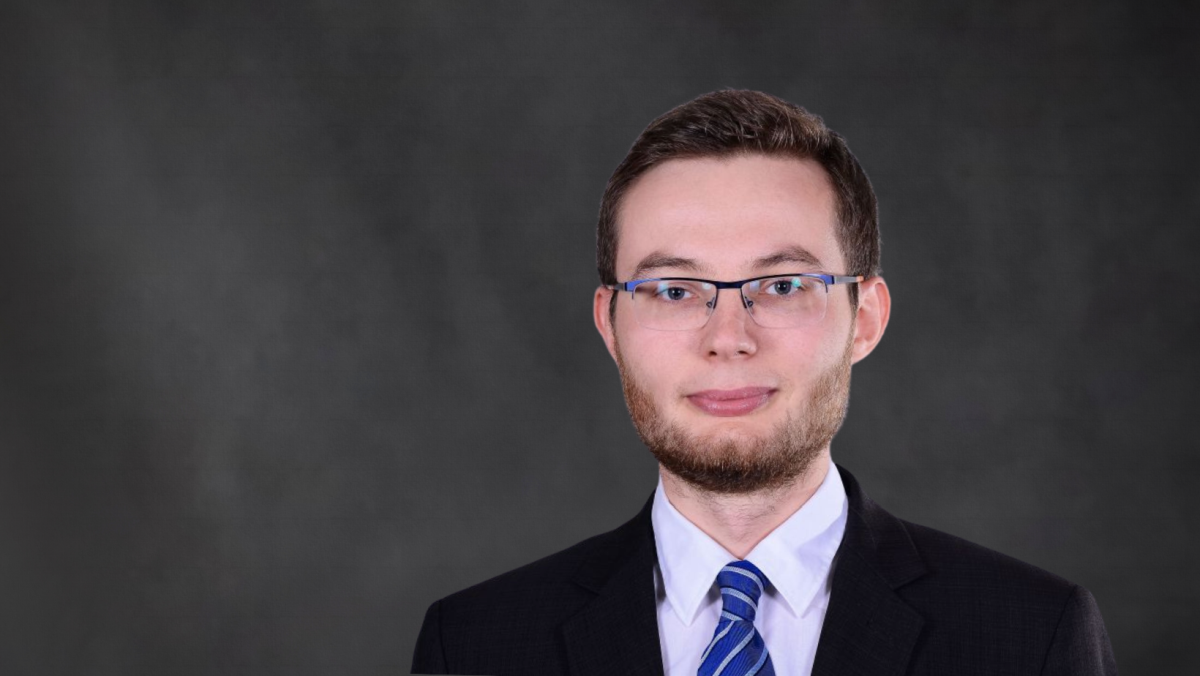"V4 for Citizens"-Czechia Assumes Presidency of the Visegrad Group
Czechia’s presidency of the Visegrad Group (V4), which began on 1 July, comes amid the biggest crisis in the functioning of this format in years. In the face of clear differences in reaction to the Russia-Ukraine war, the government of Petr Fiala proposes minimalist functioning of the V4. The Group is likely to focus on social cooperation, with low dynamics in other areas. Thus, the Czech presidency will resemble the previous Slovak one.
.jpg) Jerzy Dudek / Forum
Jerzy Dudek / Forum
What is the condition of the Visegrad Group?
The fundamental differences between Hungary’s reaction and that of the other V4 countries to the Russian invasion of Ukraine—and the related crisis of confidence—has limited the scope and dynamics of cooperation within the Group and resulted in intensified activities within other regional formats. These changes were reflected in the minimalist approach of the Slovak presidency. While heading the Group, Czechia will continue Slovakia’s approach in this respect, as confirmed by its short and vague presidency programme. Given that Foreign Minister Jan Lipavský is a member of the Czech Pirate Party, which is sceptical of the V4, further marginalisation of Visegrad cooperation is expected at the level of foreign ministries. Moreover, the results of the upcoming September parliamentary elections in Slovakia in which SMER-SD, which is reluctant to support Ukraine, is leading in the polls may further deepen the divisions in the V4.
What are the priorities of the Czech presidency?
The slogan “V4 for citizens” of the Czech presidency indicates a focus on areas that are not controversial and at the same time do not require coordination of activities, which is difficult at the moment, given the divisions. This means prioritising cooperation in education, culture, and sport, as well as science and innovation. Thanks to the International Visegrad Fund, support in these areas is also provided to Ukrainian citizens. The decrease in the dynamics of consultations in the V4 at various levels reduces the chances of presenting joint proposals at the EU forum. However, the V4 countries are still connected by many issues. For example, they support Bulgaria and Romania joining the Schengen area, the extension of cohesion policy, and the development of nuclear energy in the EU. These issues clearly correspond to Poland’s interests in Central Europe and the EU.
What does the presidency mean for regional security?
The V4 countries are divided on their perception of threats in Eastern Europe. These differences translate into a lack of joint support for military aid to Ukraine or for Sweden’s efforts to join NATO. Hungary, despite its promises and pressure from V4 partners, is postponing the ratification of Sweden’s accession to the Alliance. In military cooperation, the presidency announced, among others, the Czech Lion exercises and the continuation of cooperation within the framework of the EU V4 Battlegroup and the V4 Joint Logistic Support Group Command in NATO. For the V4 countries, migration policy is also an important element of security. Despite assurances about a similar perception of this issue (including the protection of the EU’s external borders), and rejection of the obligatory allocation of refugees, made during the summit of V4 prime ministers in Bratislava on 26 June this year, the Visegrad Group did not present a unified position during the European Council summit on 30 June. Moreover, the stance of Poland and Hungary during the summit, which differed from that of other EU countries, has been criticised by the Czech and Slovak heads of government.
How will the V4 project views outside the EU?
The Czech presidency of the V4 is promoting an ambitious EU enlargement policy, but due to divisions within the Group, it only points to the need to look for ways for the Eastern Partnership to support the integration ambitions of Ukraine, Moldova, and Georgia. For the same reason, there is no position on Ukraine’s future membership in NATO. The presidency, on the other hand, proclaims the need to help Ukraine, which will include, for example, documenting war crimes, supporting the education of Ukrainians in the Visegrad countries, and post-war reconstruction of the state. Ukraine’s participation in the International Engineering Fair in Brno in October will be a chance to discuss ideas on this matter. Although support for the accession efforts of the Western Balkan countries unites the V4 countries, Czechia sees this goal as better served in other cooperation platforms. That is why in June this year it joined Austria’s initiative “Friends of the Western Balkans”, which also brings together Slovakia, Slovenia, Croatia, Italy, and Greece. Emphasizing the role of innovation in the development of economies, the presidency points to Japan and Korea as partners, countries with which the V4 has experience of cooperation in this field.




.jpg)
.jpg)